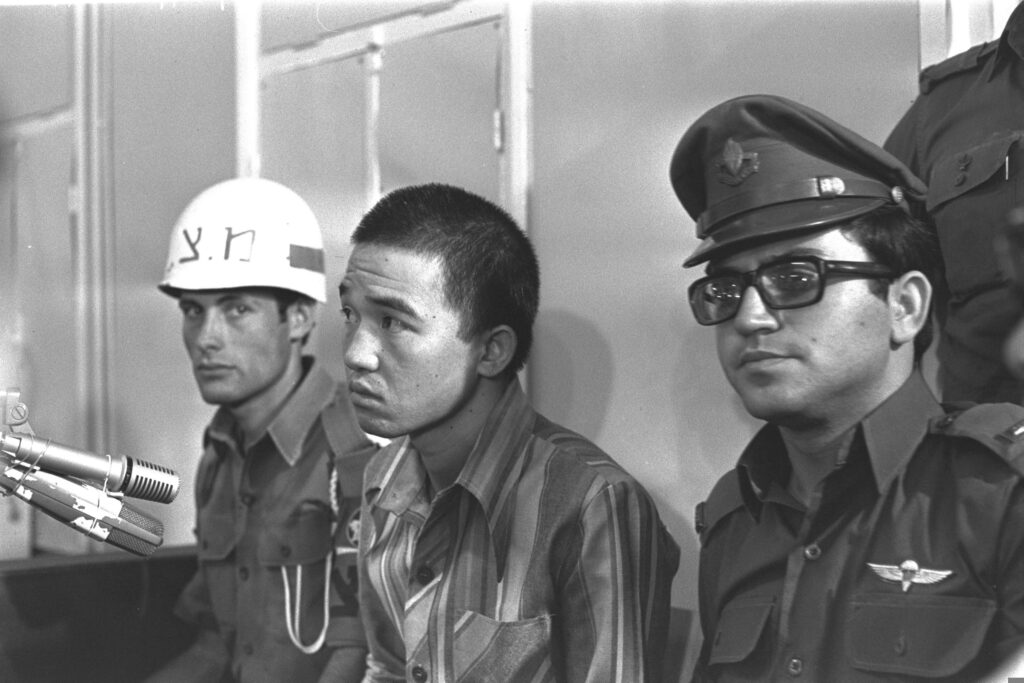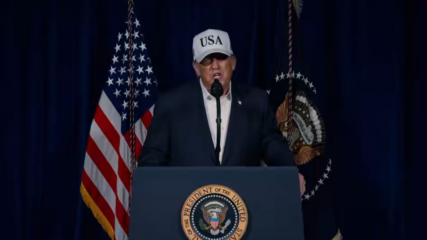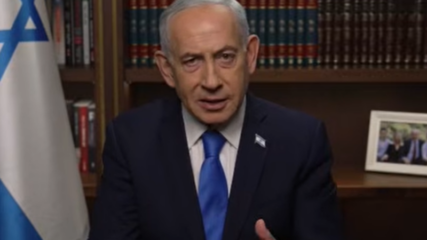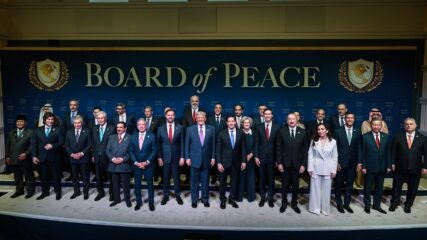May 30, 1972
Three Japanese Red Army terrorists working for the Popular Front for the Liberation of Palestine-External Operations attack Israel’s international airport at Lod, now Ben Gurion Airport, with machine guns and hand grenades. They kill 26 people: one Canadian; 17 Christian pilgrims from Puerto Rico; and eight Israelis, including biophysicist Aharon Katzir, considered a candidate for president of Israel. His brother and fellow biophysicist, Ephraim, is instead elected Israel’s fourth president in 1973.
The terrorists arrive at Lod on an Air France flight from Rome. They are carrying their weapons in violin cases and draw little attention from security officers, who are looking for Arab terrorists. In addition to the 26 slain civilians, 80 people are wounded. One of the terrorists is fatally shot by a comrade, and another is killed by his own grenade. The third, Kozo Okamoto, is wounded and captured. He is sentenced to life in prison but is released in a prisoner exchange in 1985 and settles in Lebanon. The German magazine Der Spiegel speculates that the PFLP pays for the attack with some of the $5 million in ransom received from West Germany in February 1972 for the release of hostages on a hijacked Lufthansa flight.
The massacre leads to an overhaul of Israeli airport security, including the division of responsibilities between the police and state security, and Ben Gurion Airport now is considered one of the most secure airports in the world.
Puerto Rico enacts a law in 2006 designating May 30 as Lod Massacre Remembrance Day. Survivors of Puerto Rican victims sue North Korea in U.S. District Court in 2008, claiming that the North Korean government provided material support and planned the attack for the PFLP and Japanese Red Army. Represented by Tel Aviv-based law center Shurat HaDin and its founder, Nitsana Darshan-Leitner, the plaintiffs win a $378 million judgment in 2010, although North Korea ignores the case.









